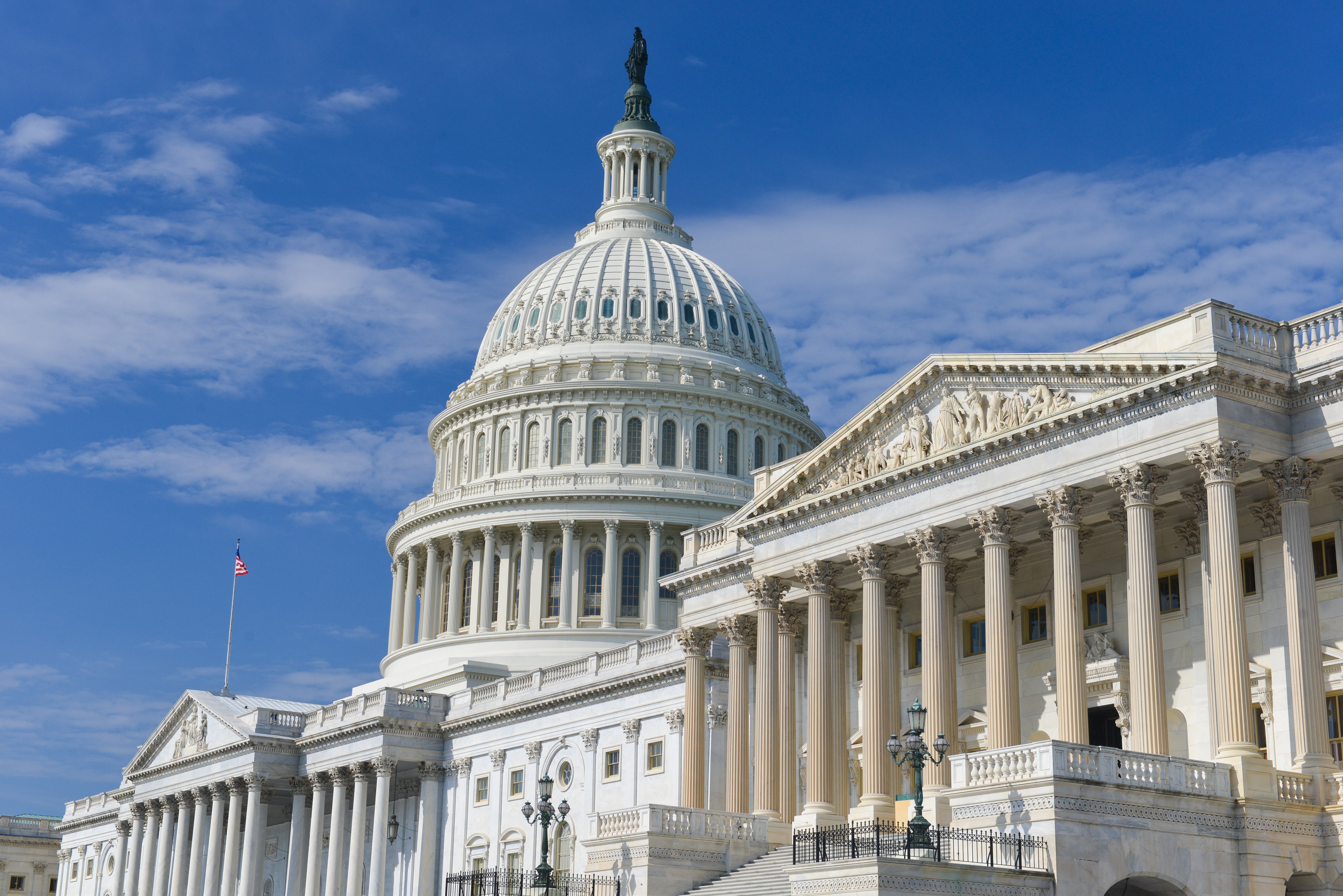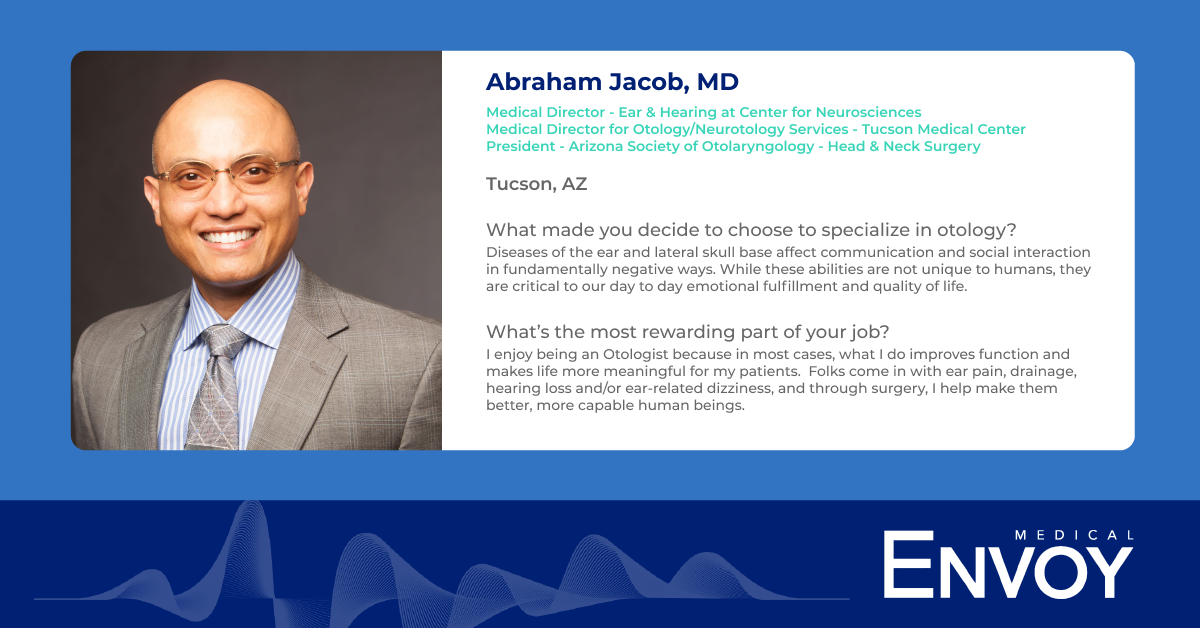Over the Counter Hearing Aid Act Finalized - What it is and how it helps
by Envoy Medical Staff Member, on September 1, 2022

Hearing loss is the third most common chronic physical condition in the US and is twice as prevalent as diabetes or cancer. However, accessing treatment options is confusing and expensive, as insurance does not typically cover treatment. According to the Hearing Loss Associate of America (HLAA), only one in five people who could benefit from a hearing aid actually uses one.
Historically, hearing aids have been regulated by the Food and Drug Administration (FDA) as prescription medical devices. When hearing loss is suspected, a patient was required to first have a medical exam, and then purchase a device only from a licensed hearing health professional. However, primary physicians are not required to ask about hearing loss and don’t receive a lot of education about hearing loss. This resulted in many patients being met with both a lack of urgency (hearing is part of “normal aging”) and a lack of a clear path toward treatment, ( "you can get a hearing aid"). The result can be acceptance of hearing being a normal part of aging, as opposed to treatment. Treatment is vital. Hearing loss has been linked to many health issues including an increase in walking problems, falls, and dementia.
The cost has been another barrier to treatment. These regulations discouraged competition among hearing aid manufacturers Purchasing a hearing aid through a provider costs an average of $2500 but can go upwards of $6000 per hearing aid, leaving some unable to afford treatment with no alternative available.
For the millions of people who have hearing loss in the mild to moderate range, things will get easier. The Over-the-counter Hearing Aid (OTC) Act, finalized by the FDA on August 16th, improves access to hearing aids for adults with mild to moderate sensorineural hearing loss. The FDA created this new category of hearing device that can be sold directly to the consumer online or in stores without requiring a medical exam or fitting by a licensed audiologist or hearing aid dispenser. These devices will have a limited power output of 20dB.
As the lines blur between medical and health consumer devices, this change will enable companies like Apple to sell directly to consumers, which will promote competition (finally) and bring down prices. Best Buy, Walgreens, and CVS have each indicated that they would be selling hearing aids.
Devices will begin entering the marketplace in mid-October and are only for adults. Those with more severe loss will still need a medical evaluation and must purchase through a provider.
Get the details with HLAA's tip sheet here
More needs to be done to provide better access to treatments that improve hearing health for those with moderate to severe hearing loss. Medicare has had a "hearing aid exclusion" since 1965 that prevents even attempting insurance coverage for hearing aids or alternative treatment options. The best way to get private insurance companies on board is to change Medicare.




